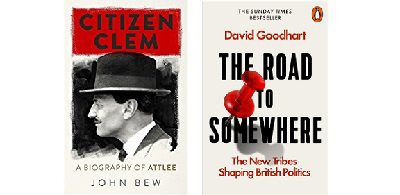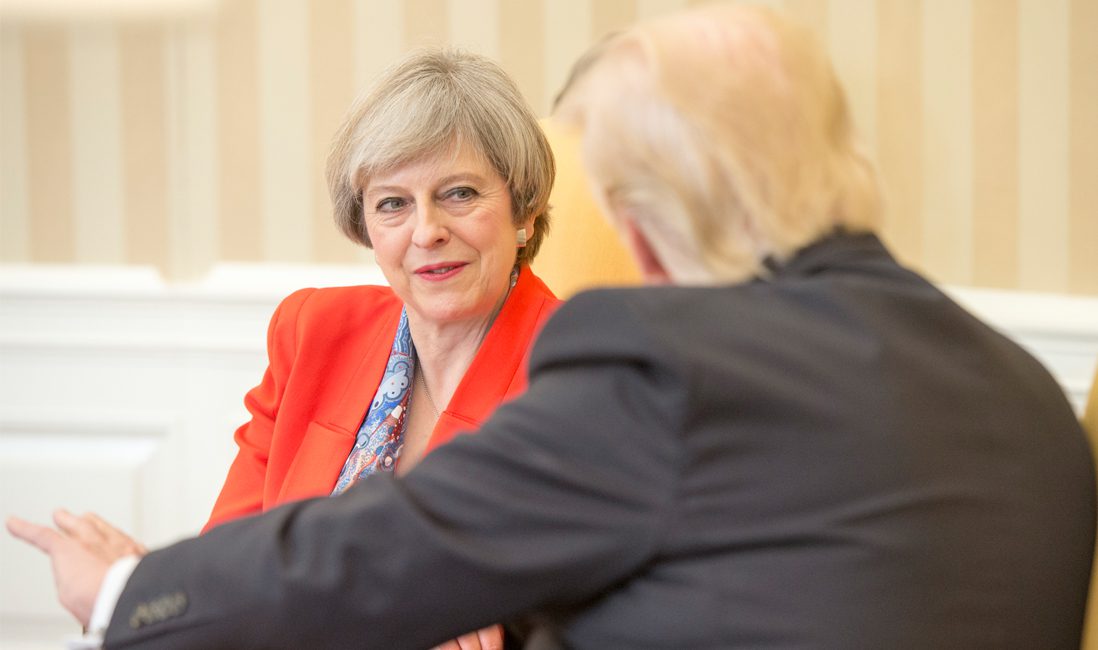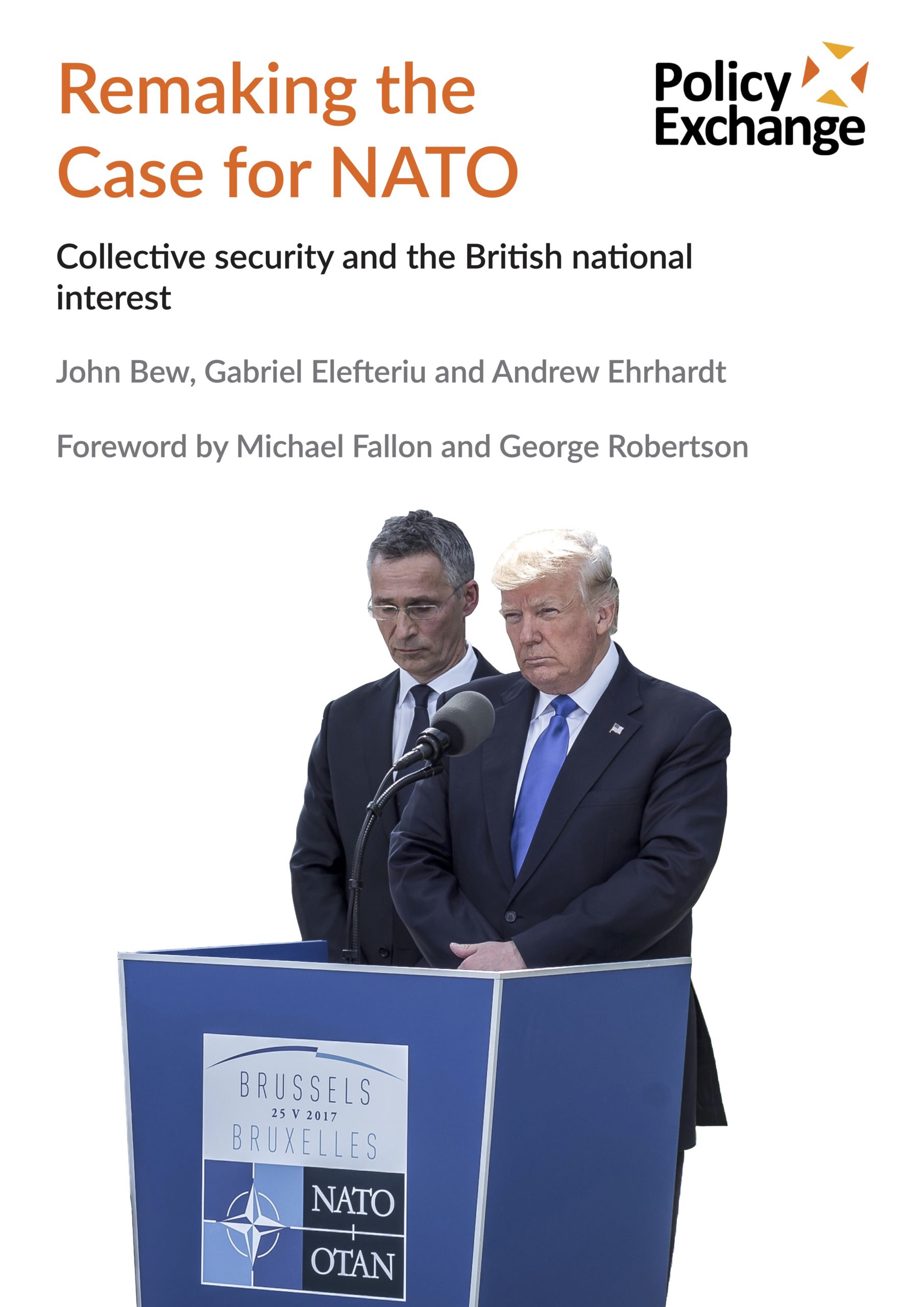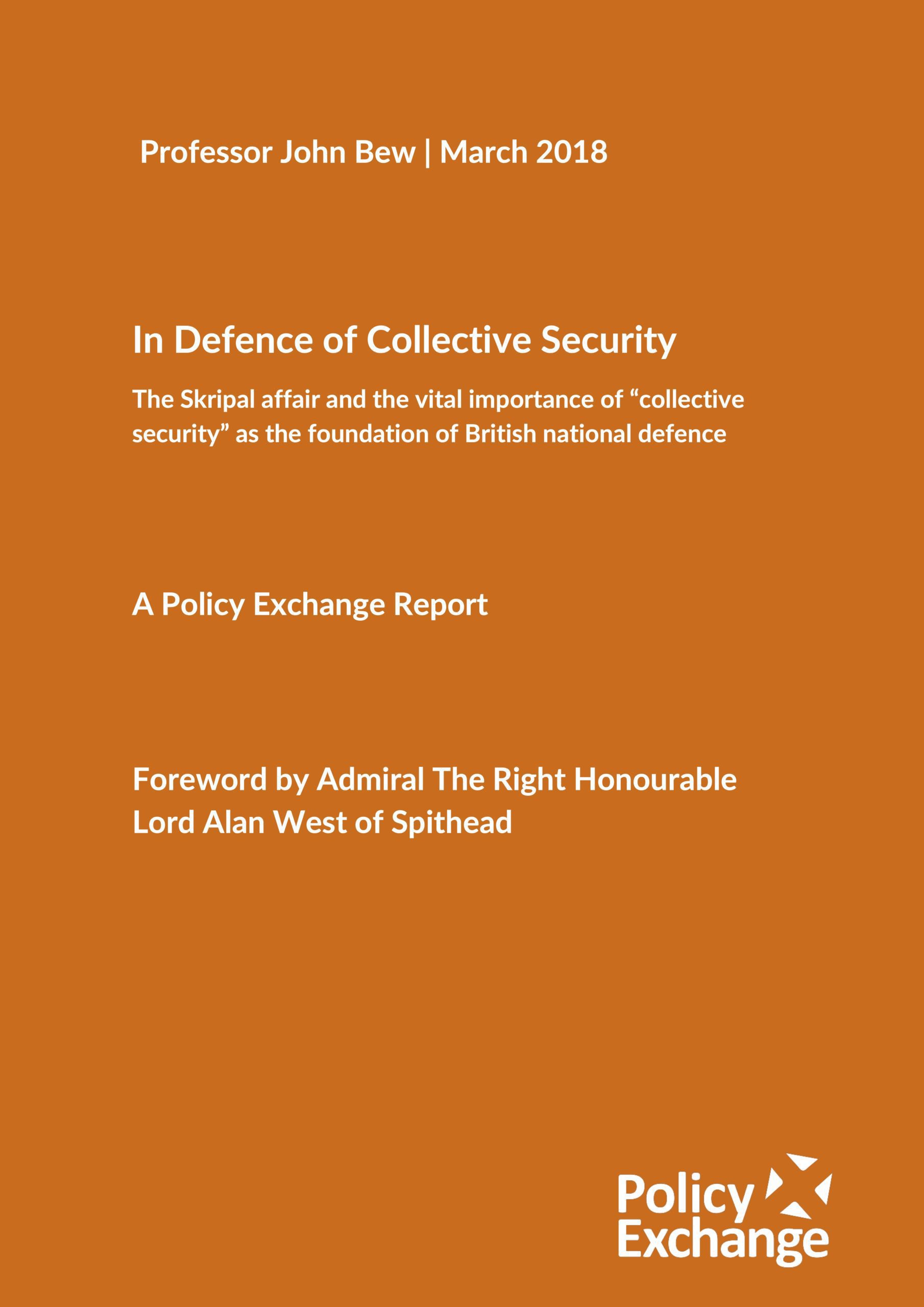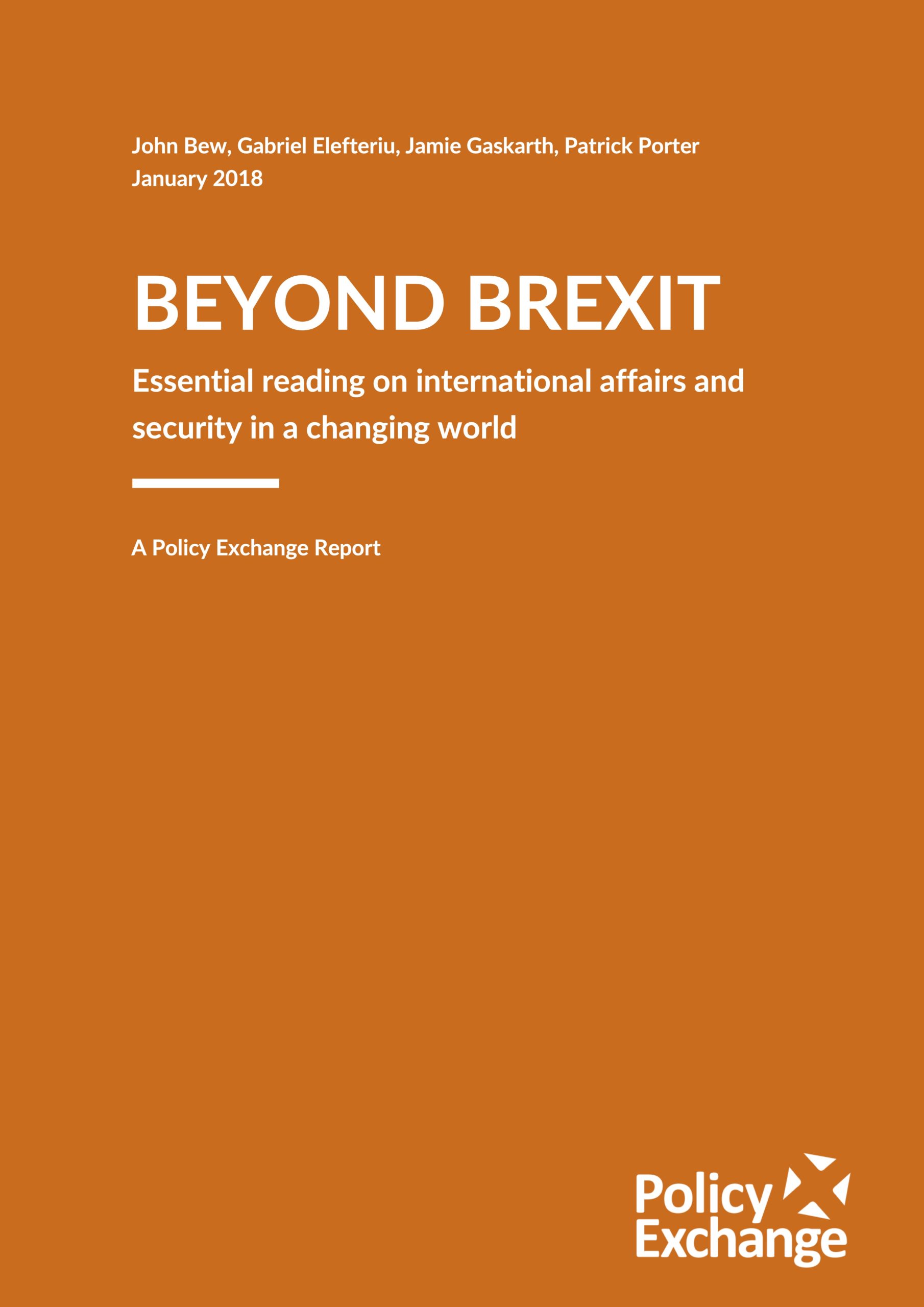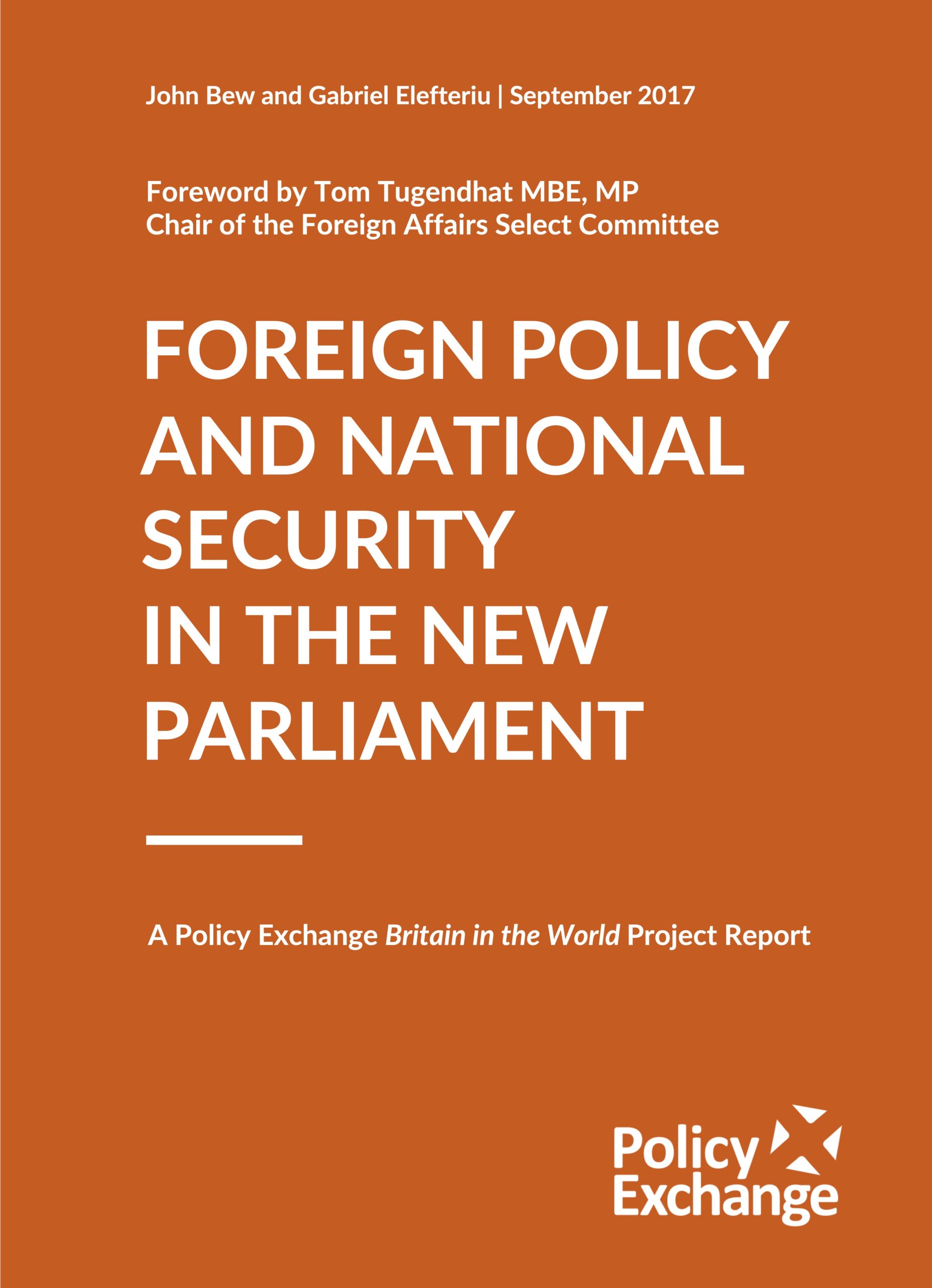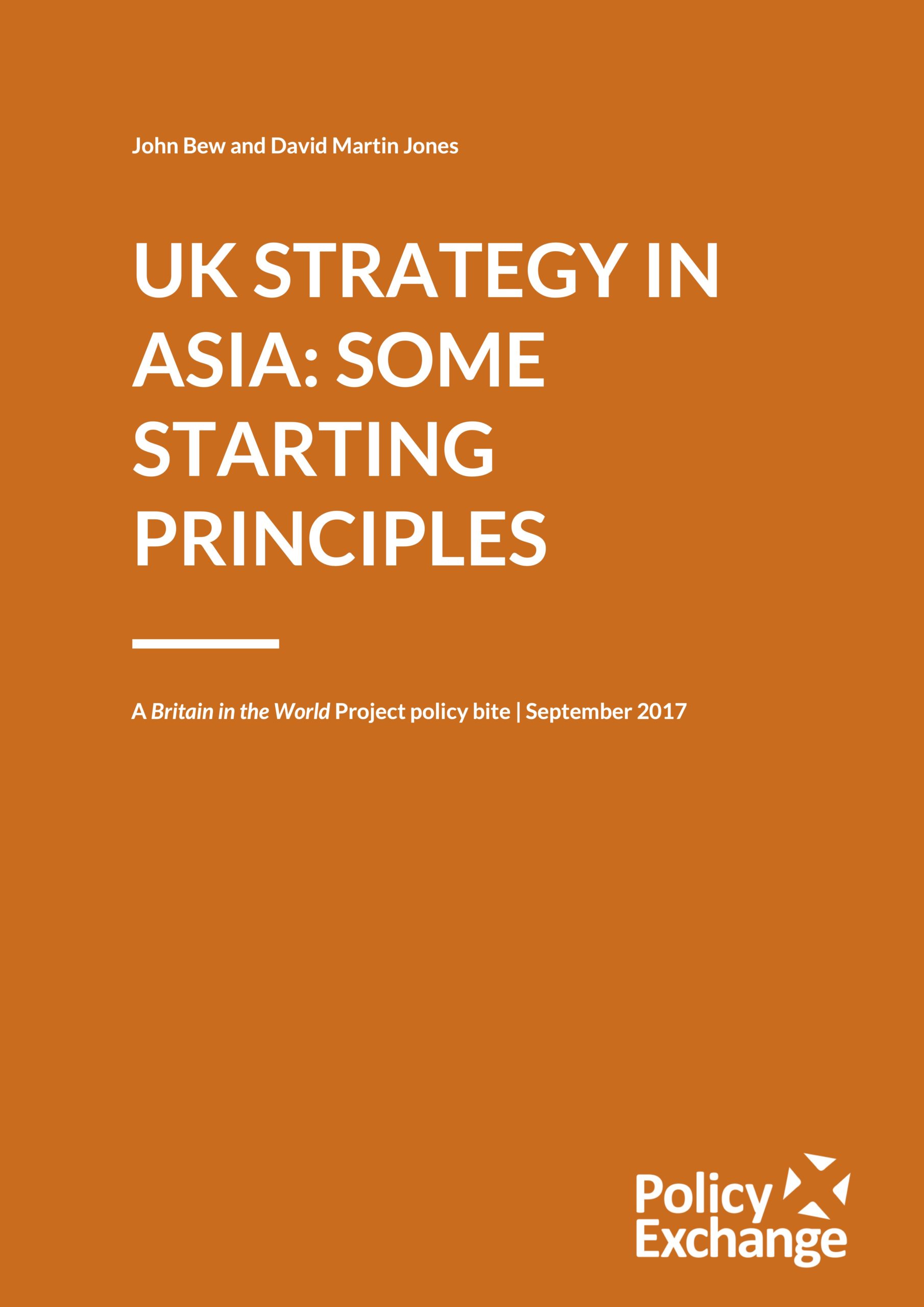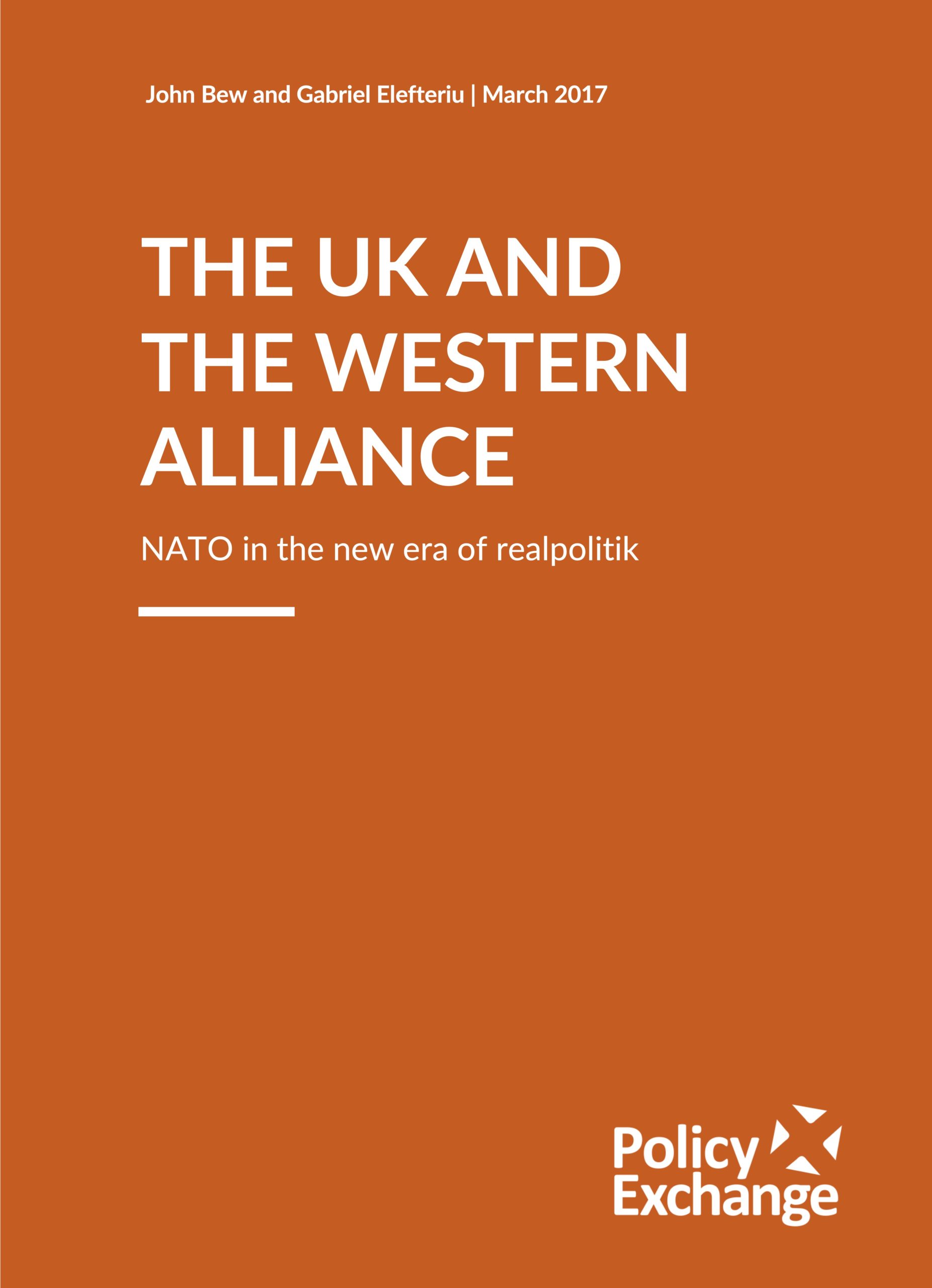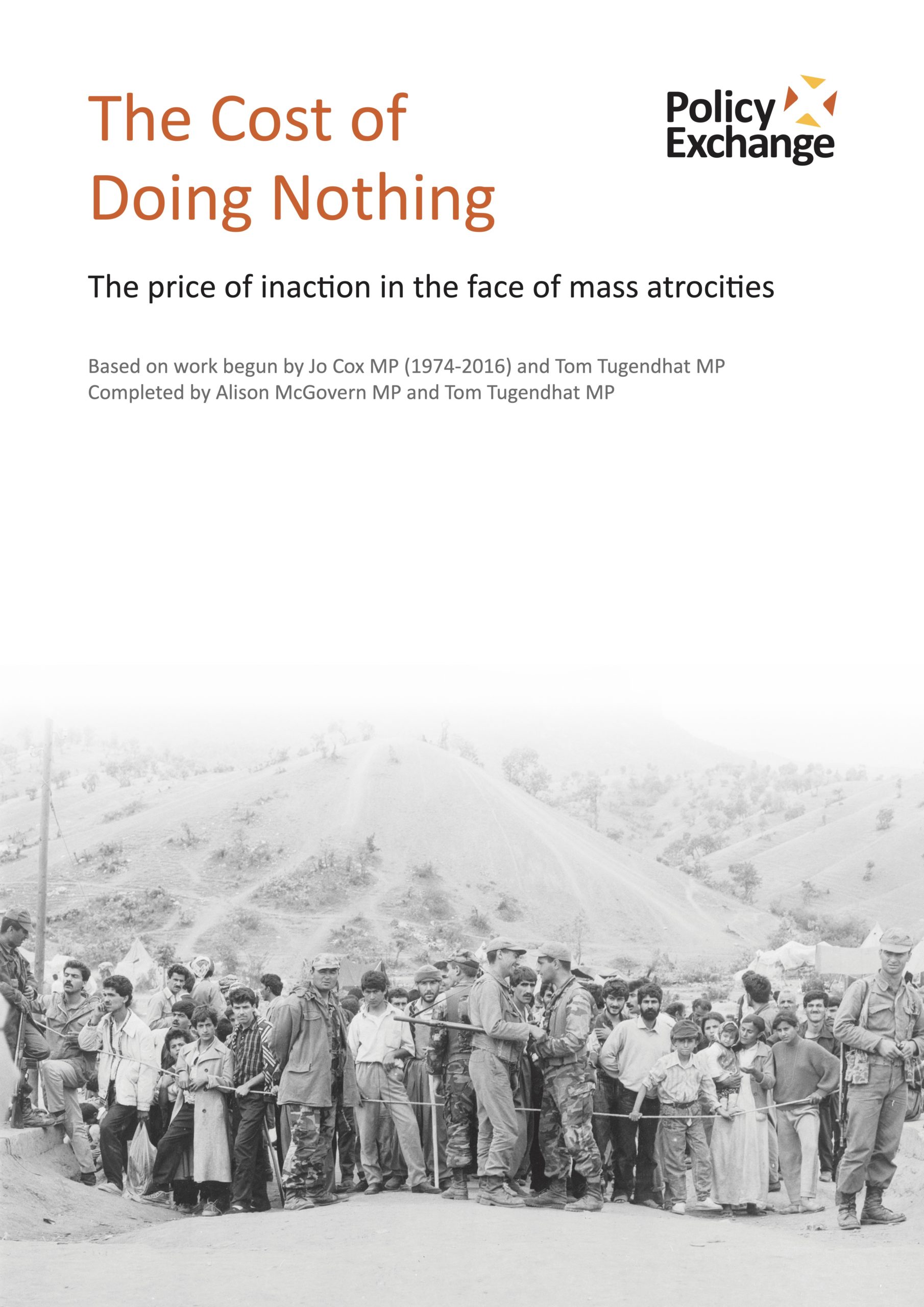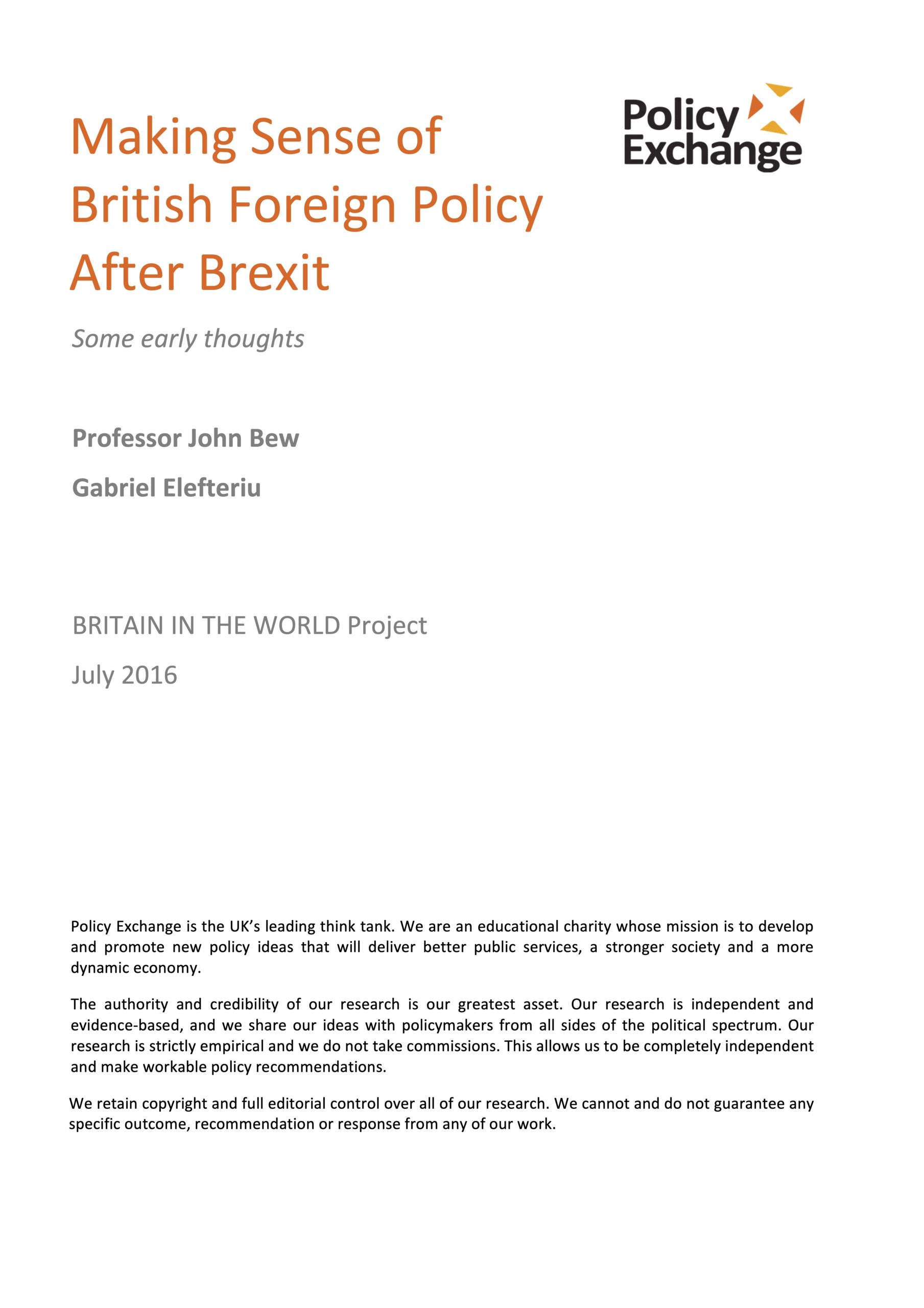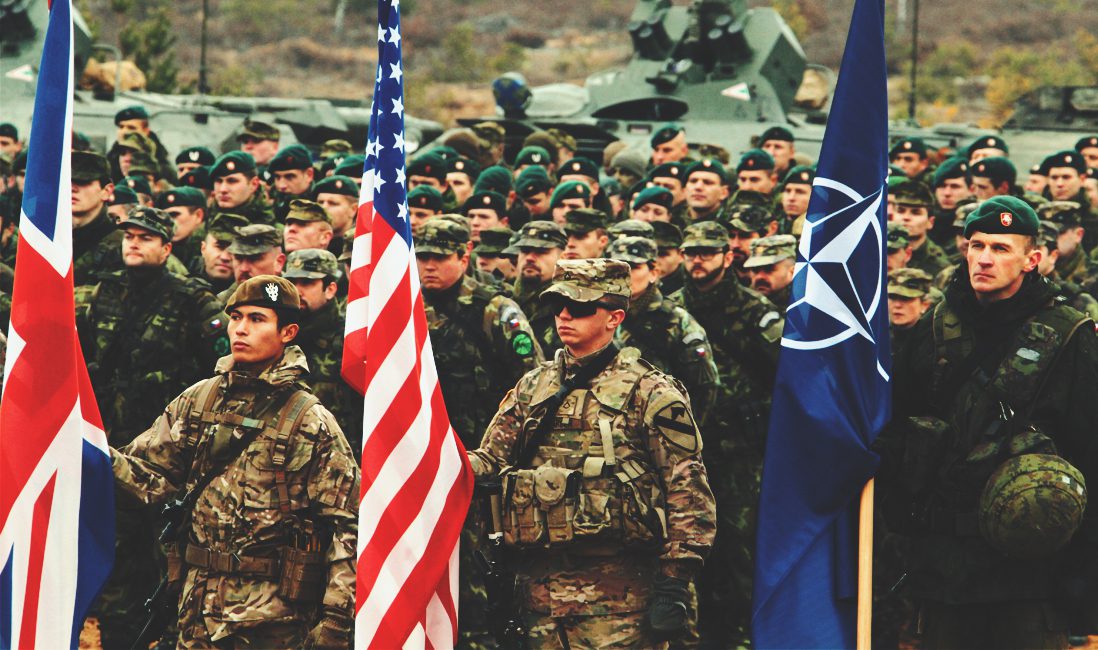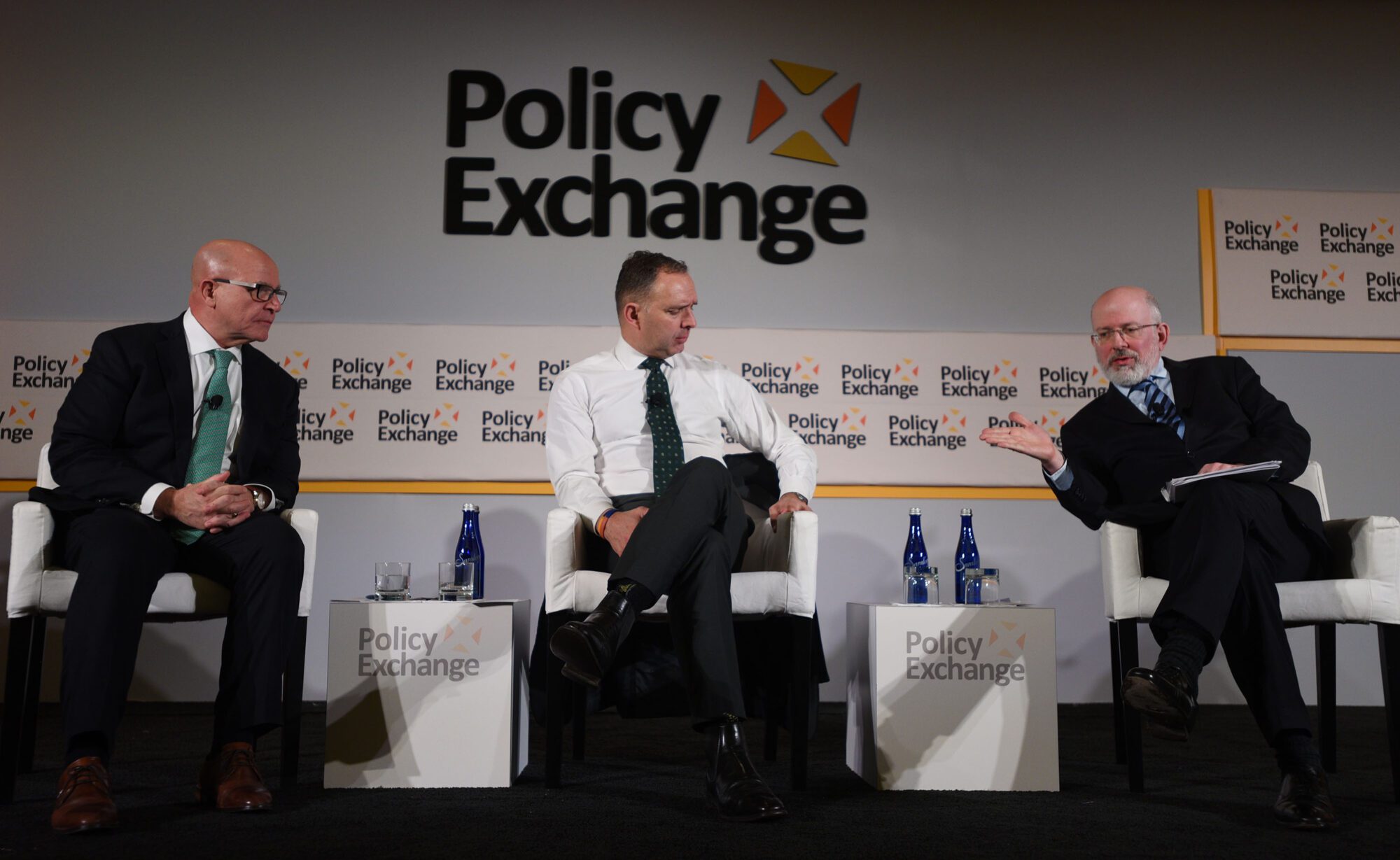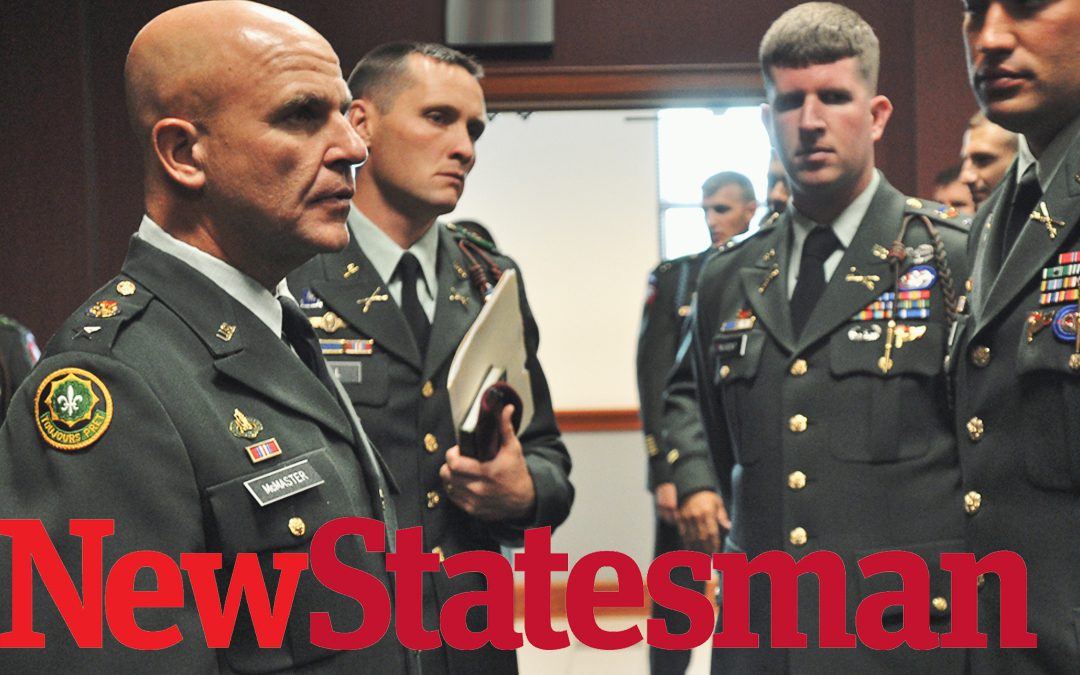John Bew
Senior Fellow
Policy Exchange is pleased to welcome Professor John Bew as a Senior Fellow for 2025.
Bew is a distinguished academic who has worked at the highest levels of government. He spent over five years as foreign policy adviser in No10 Downing Street, working for four Prime Ministers and through two general elections. He was closely involved in the last two UK national security strategies and the major foreign policy issues of that period, from AUKUS to the war in Ukraine. In 2021, Bew also served as an expert on the NATO Secretary General’s Reflections Group, which provided recommendations for the Alliance’s 2022 Strategic Concept.
Bew is currently Professor of History and Foreign Policy in the War Studies Department at King’s College London, Distinguished Visiting Fellow at the Hoover Institution and Senior Adviser at the Australian National Security College. He was the youngest ever holder of the Kissinger Chair at the Kluge Center at the Library of Congress and in 2015 he won the Leverhulme Prize for International Studies. Bew’s best-known work is his biography of Clement Attlee. He will contribute to a range of Policy Exchange projects, beginning with a public lecture on Ernest Bevin and his foreign policy legacy in the new year. From 2016-9, he led Policy Exchange’s Britain in the World Project as well as acting as a specialist advisor for the House of Commons Foreign Affairs Committee.

